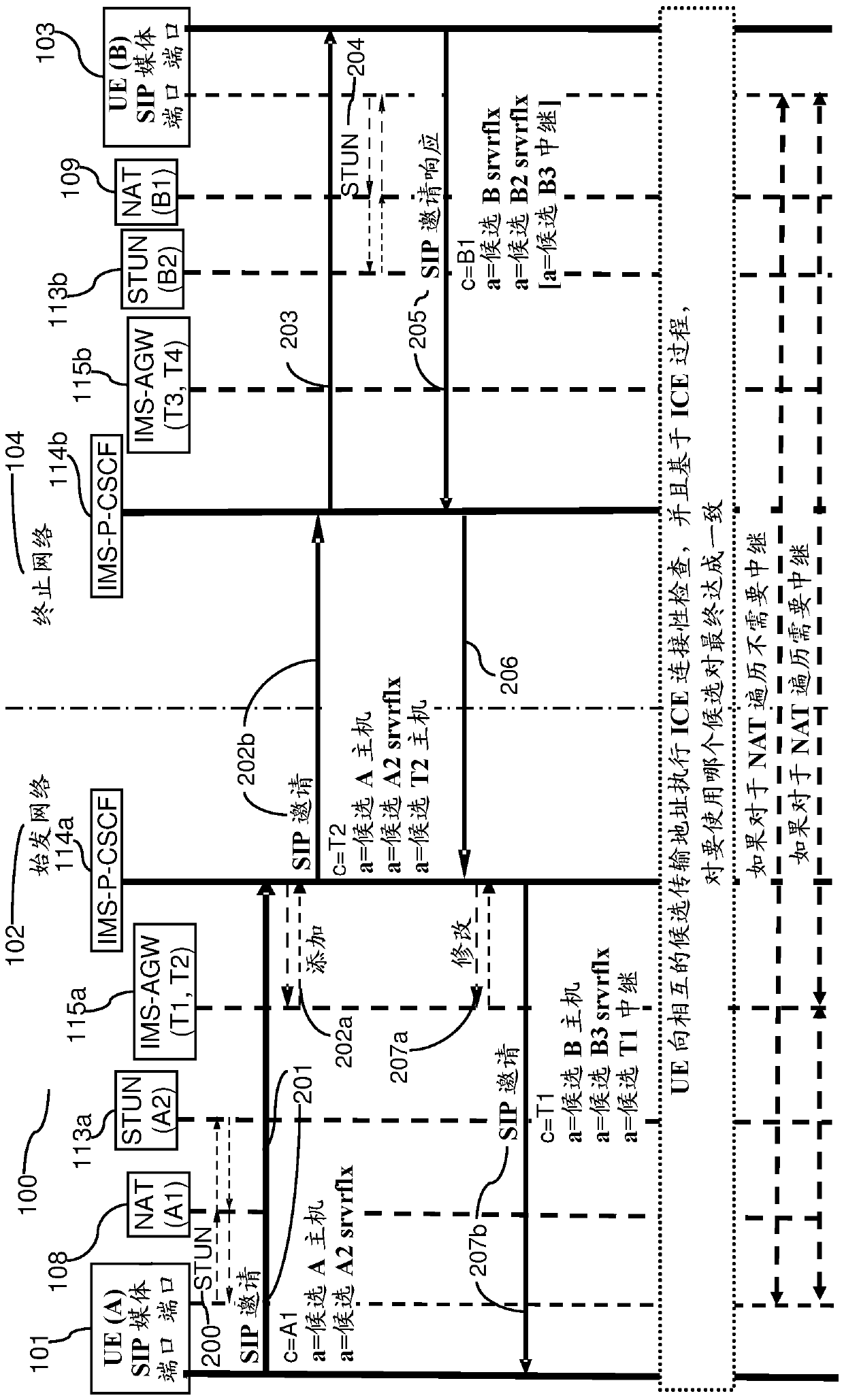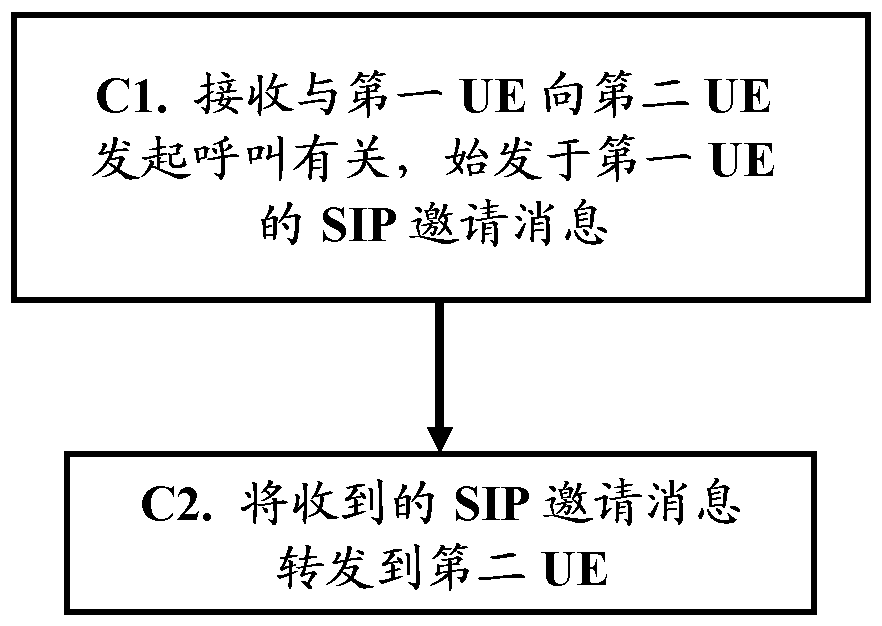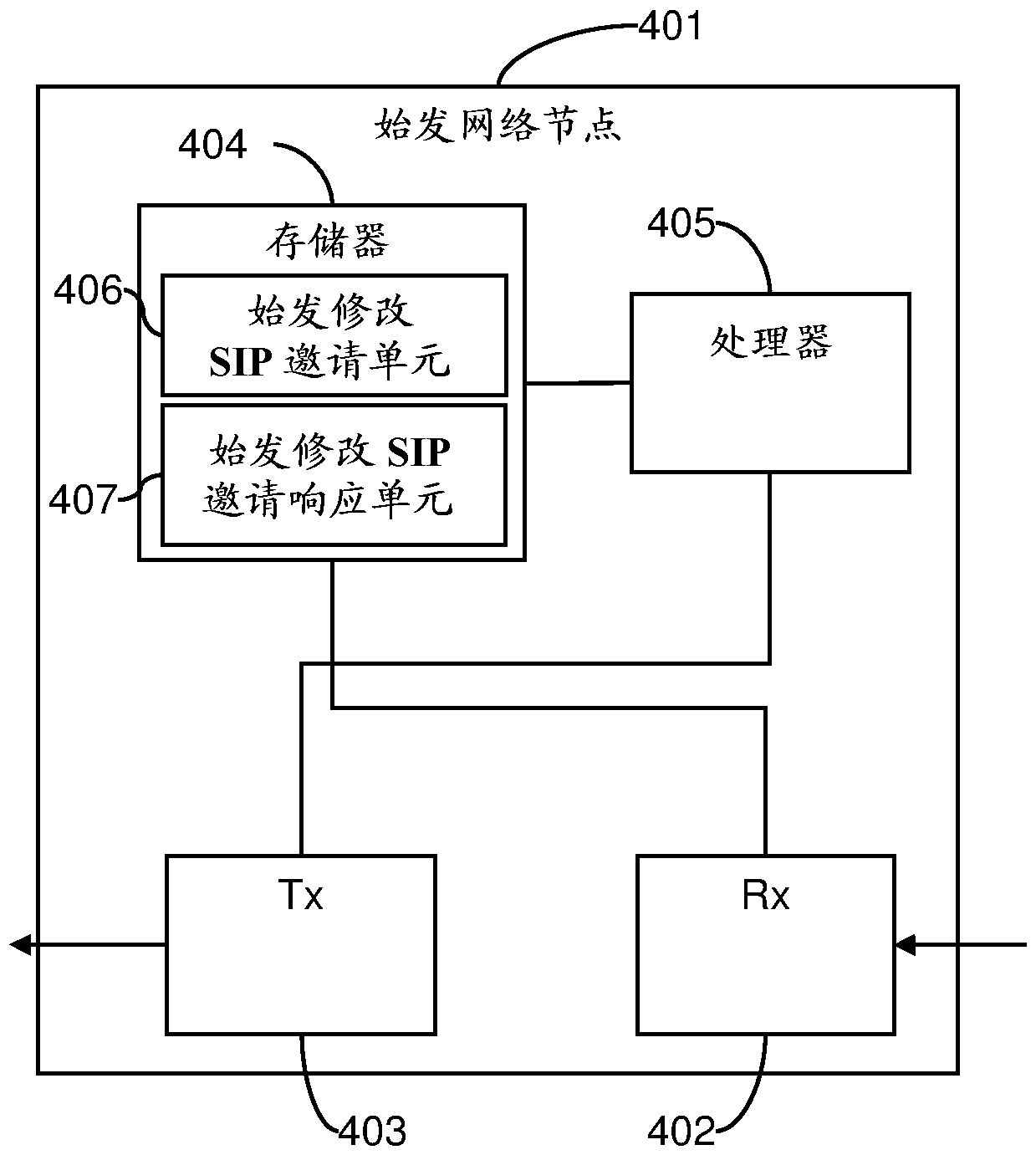ice-based nat traversal
A P-CSCF, candidate address technology, applied in electrical components, transmission systems, etc., can solve problems such as increasing delay
- Summary
- Abstract
- Description
- Claims
- Application Information
AI Technical Summary
Problems solved by technology
Method used
Image
Examples
Embodiment Construction
[0059] Figure 1b and 1c A first scenario for NAT traversal is shown when the UE supports ICE and the IMS core network does not insert an IMS-AGW node in the media path. The ICE-based NAT traversal mechanism yields relay-based NAT traversal using a TURN server for those NAT traversal cases when a media relay node is the only component implementing NAT traversal or when other endpoints do not support the ICE mechanism. Figure 1d , 1e and If show a second scenario for NAT traversal when the IMS network detects a NAT device located between the UE and the IMS core network. In A) UE does not support ICE-based NAT traversal (for example, as Figure 1d and 1e shown) or B) UE supports ICE-based NAT traversal, but the IMS-AGW node is already in the media path (for example, as Figure 1f shown), then multiple IMS-AGW nodes are used as media relay nodes in the IMS network, which is usually used to avoid TURN-based NAT traversal.
[0060] To at least partially overcome the problems d...
PUM
 Login to View More
Login to View More Abstract
Description
Claims
Application Information
 Login to View More
Login to View More - R&D
- Intellectual Property
- Life Sciences
- Materials
- Tech Scout
- Unparalleled Data Quality
- Higher Quality Content
- 60% Fewer Hallucinations
Browse by: Latest US Patents, China's latest patents, Technical Efficacy Thesaurus, Application Domain, Technology Topic, Popular Technical Reports.
© 2025 PatSnap. All rights reserved.Legal|Privacy policy|Modern Slavery Act Transparency Statement|Sitemap|About US| Contact US: help@patsnap.com



